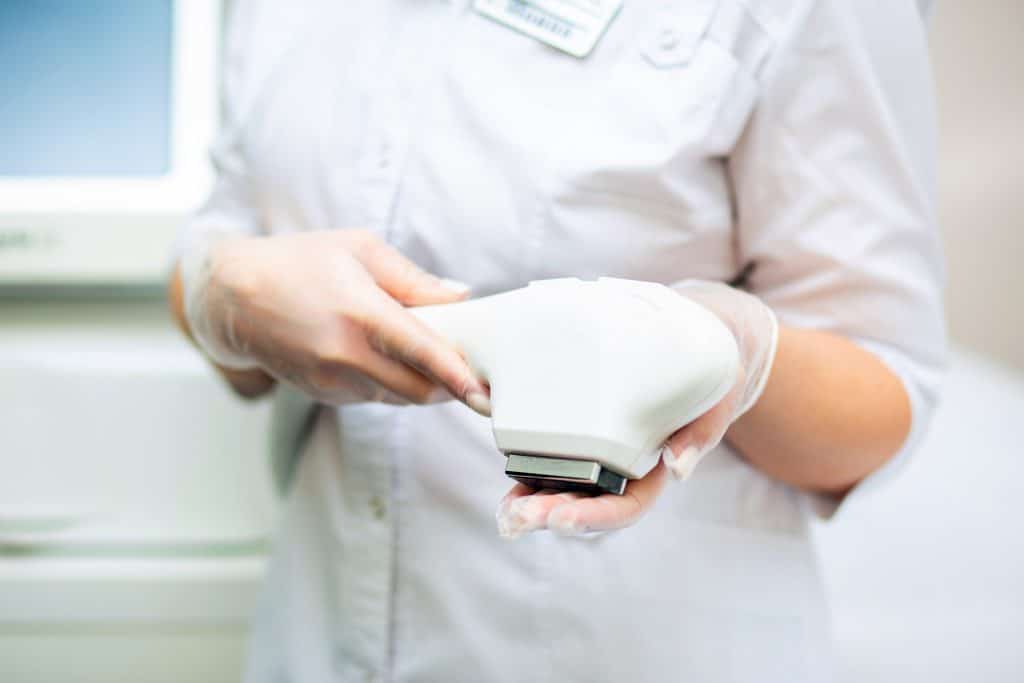What is Laser Hair Removal and does it work?
Laser hair removal is a popular cosmetic procedure used to permanently reduce unwanted hair growth on various parts of the body. The method works by using a laser device that emits an intense beam of light absorbed by the pigment in the hair follicles. When the light is absorbed, it is converted into heat energy, which damages the follicles and prevents further hair growth.
During the treatment, the laser beam is directed onto the skin, where it penetrates and reaches the hair follicle. The pigment, typically melanin, in the hair absorbs the light, and the heat destroys the follicle. It’s important to note that laser hair removal works best on dark hair and light skin, as the contrast between the hair pigment and the skin provides better light absorption. To achieve optimal results, multiple treatment sessions are typically required, as hair goes through different growth cycles. Laser hair removal is usually painless, but some individuals may experience a mild burning sensation or tingling during the treatment.
Who can perform Laser Hair Removal?
Both men and women can undergo laser hair removal. The treatment can be performed on various areas of the body, including the face, arms, legs, back, chest, bikini area, and many more. Regardless of gender, individuals with unwanted hair growth can benefit from laser hair removal to permanently reduce hair growth and achieve smoother and hair-free skin. It’s important to note that the effectiveness of the treatment can vary depending on the individual’s hair color and skin type. When it comes to skin tone, modern laser devices can be customized to suit different skin types.
Who should not undergo laser hair removal?
Some individuals may be unsuitable for laser hair removal or may need to exercise caution with the treatment due to various factors. Here are some examples of individuals who are typically not recommended to undergo laser hair removal:
- Pregnant women: There is limited research on the safety of laser treatment during pregnancy, so it is generally recommended to wait until after pregnancy to undergo the treatment.
- Nursing women: While there are no known risks for nursing women, some may choose to abstain from the treatment during breastfeeding to avoid potential exposure of the baby to laser light.
- Individuals with active skin infection or inflammation: Areas with active skin infection, inflammation, or other skin conditions may be sensitive and may require the treatment to be postponed until the skin has healed.
- Individuals taking certain medications or having certain medical conditions: Some medications and medical conditions can increase the risk of complications or adverse effects of laser treatment.
It is important to consult with our laser therapists to evaluate any contraindications or risks before undergoing the treatment.


